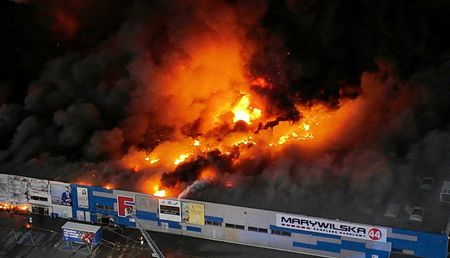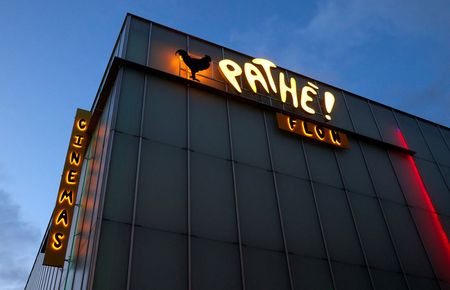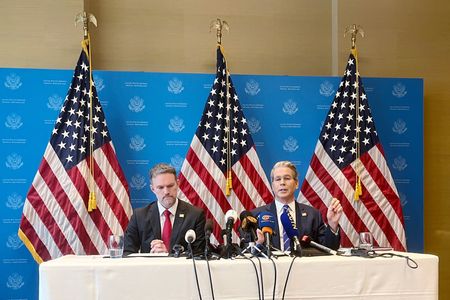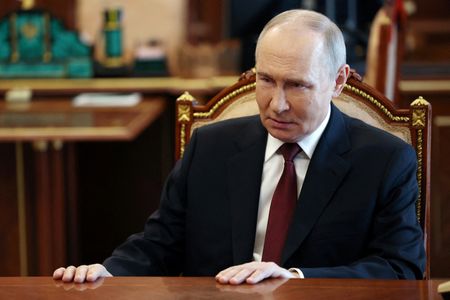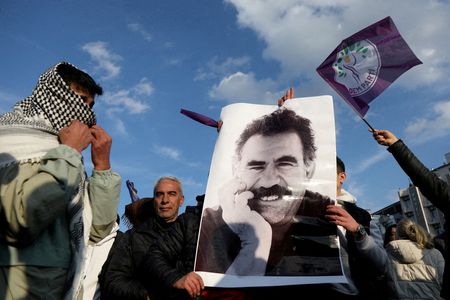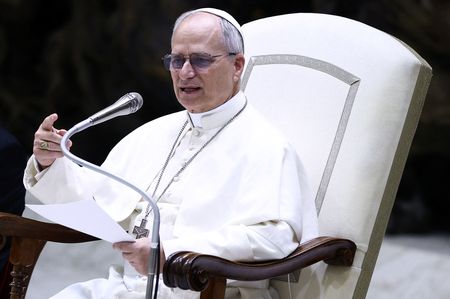By Barbara Erling
WARSAW (Reuters) – Poland summoned the Russian ambassador and said it will close the Russian consulate in Krakow after evidence showed Moscow was responsible for a huge fire that almost completely destroyed a Warsaw shopping centre in 2024.
Already tense relations between Warsaw and Moscow have hit new lows since Russia’s invasion of Ukraine in 2022. Poland says its own role as a hub for aid for Kyiv has made it a target of Russian sabotage, cyberattacks and disinformation – allegations that Moscow denies.
“The ambassador was invited to the ministry at 1500 (CET),” Foreign Ministry spokesperson Pawel Wronski said on Monday.
On Sunday, Prime Minister Donald Tusk said Poland knew “for sure” that Russian secret services were behind the huge fire on Marywilska Street in the capital.
“Due to evidence that the Russian special services committed a reprehensible act of sabotage against the shopping centre on Marywilska Street, I have decided to withdraw my consent to the operation of the Consulate of the Russian Federation in Krakow,” Foreign Minister Radoslaw Sikorski wrote on X.
Sikorski told reporters at a meeting of foreign ministers in London that Poland will take further action if attacks such as the one on the shopping centre continue.
Foreign ministry representatives said Russia would have around 30 days to close the Krakow consulate, which employs three diplomats and four other employees.
The Russian foreign ministry said Poland was cutting its ties with Moscow on purpose, state news agency RIA reported.
“Warsaw continues to deliberately destroy relations, acting against the interests of its citizens,” state news agency RIA quoted Russian Foreign Ministry spokeswoman Maria Zakharova as saying. She added that Russia would soon deliver an “adequate response”.
In October, Poland announced it would shut down the Russian consulate in Poznan due to suspected Russian attempts at sabotage. Russia closed the Polish consulate in St. Petersburg in response.
In addition to Krakow and Poznan, Russia has a consulate in Gdansk and its embassy in Warsaw.
In March, Lithuanian prosecutors accused Russia’s military intelligence of orchestrating an arson attack on an IKEA store in Vilnius, which broke out three days before the shopping centre fire in neighboring Poland.
Russia has denied involvement in the arson attacks.
(Reporting by Barbara Erling, Alan Charlish, Pawel Florkiewicz and Mark Trevelyan; Editing by Hugh Lawson)

